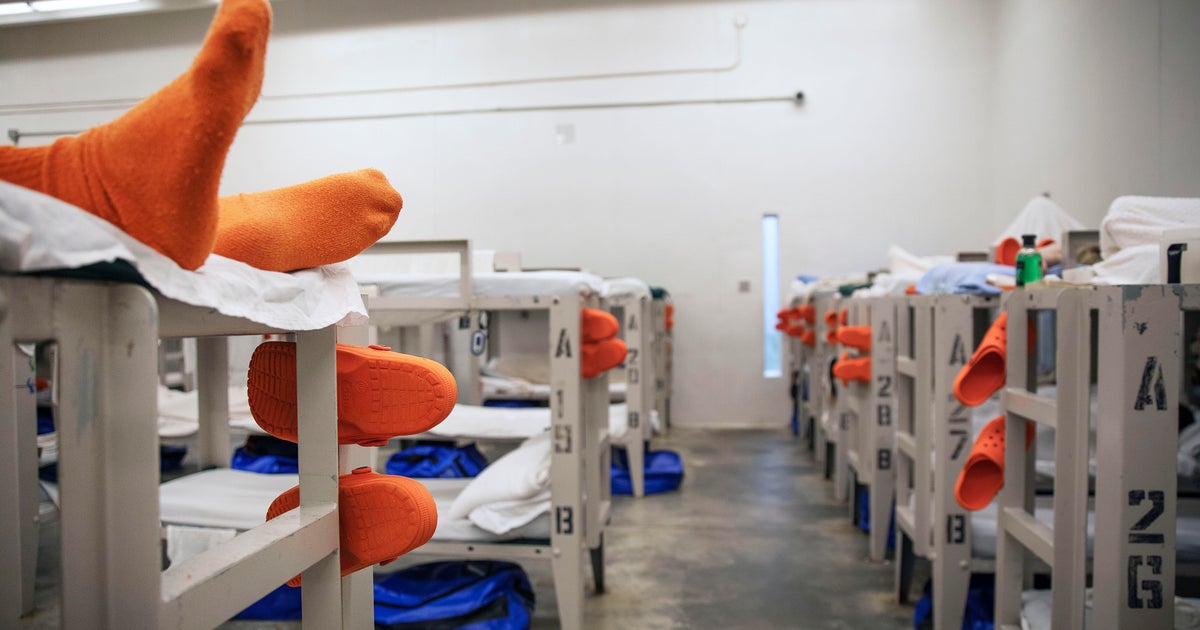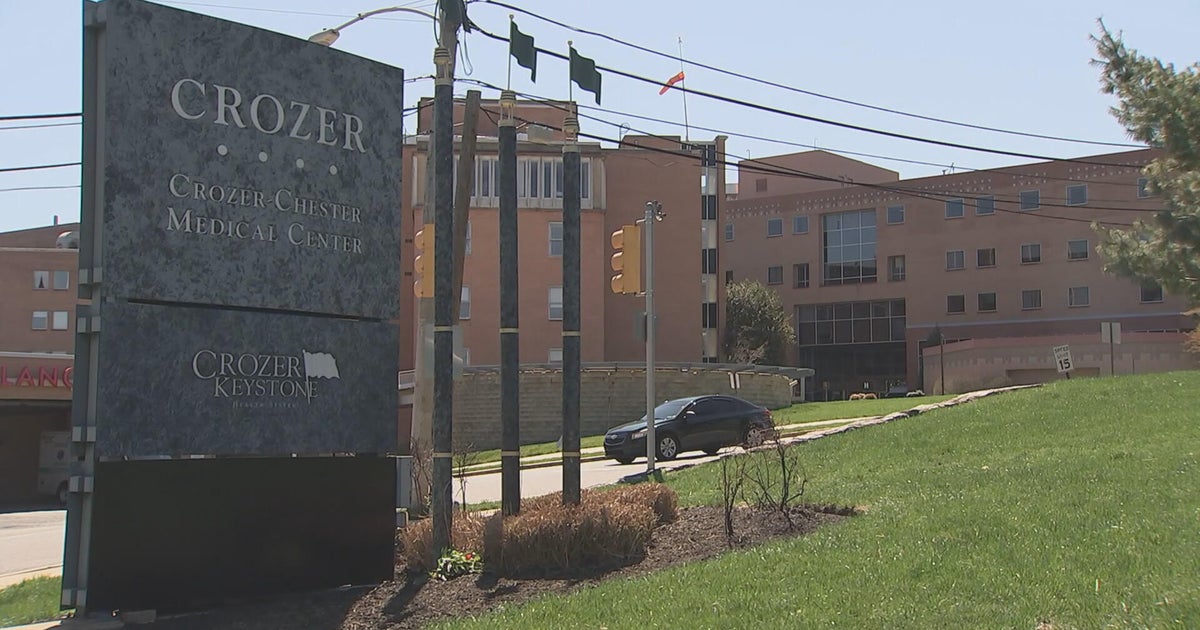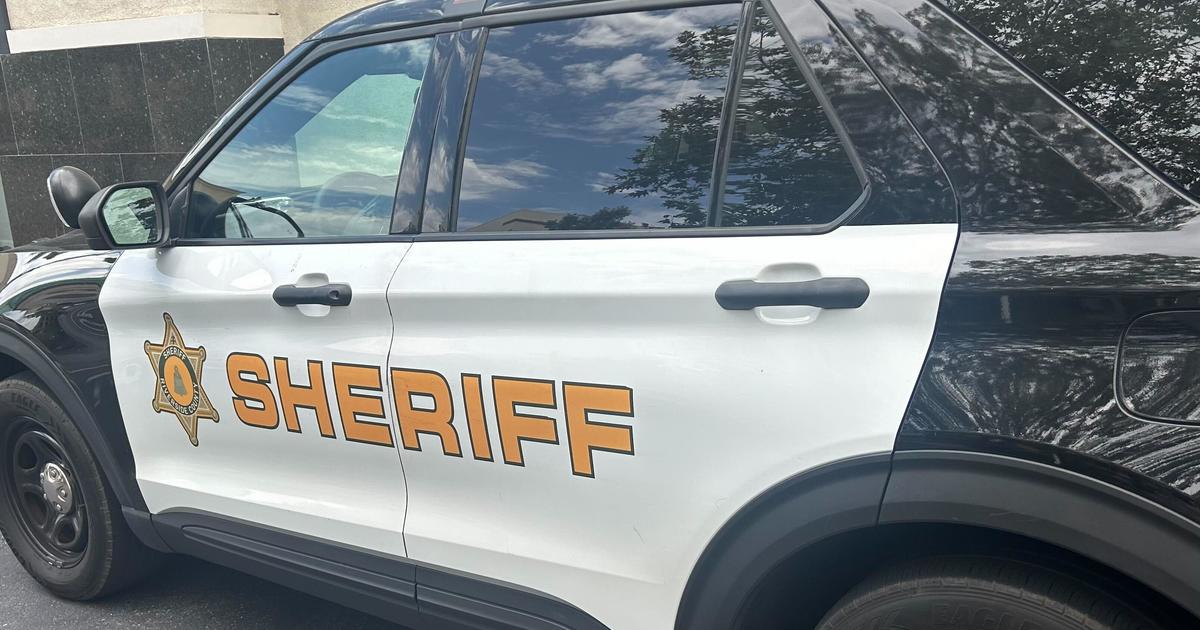Medical professionals recommend the public is trained for wound treatment
In light of the recent mass shootings, medical professionals want to get the word out that immediate trauma care for wounds inflicted during such incidents is key to survival.
The Stop the Bleed campaign is a government-initiated program designed to train the public for traumatic wound care, before trained professionals can arrive. It's reported that victims can die from uncontrolled bleeding as soon as five or 10 minutes after injury.
Stop the Bleed kits, with the necessary equipment inside, are available for purchase. And while the kits are helpful to have on hand, the kits aren't necessary to immediately treat wounds to stop bleeding.
Dr. Michael Jimenez, trauma medical director at Pomona Valley Hospital Medical Center, talked about the Stop the Bleed training he is giving today for volunteers. He said first of all, stay calm.
"We have the ABC's of bleeding here that we teach at Stop the Bleed. 'A' is for alert, alert the authorities, 'B' is for locating the bleed and 'C' is for compression," said Jimenez.
Compression begins with packing the wound with gauze, or whatever is available, a T-shirt, sock, and firmly press to stop hemorrhaging.
Jimenez advised if the compression doesn't stop the bleeding, a tourniquet will be needed. The kits provide a tourniquet, but a belt, or rope will work also.
A tourniquet is placed in four areas of the body, the mid bicep region and mid thigh region, and Jimenez said the key thing is to put the tourniquet above the womb – and tighten it until the bleeding stops.
The Stop the Bleed tourniquet kits consist of a web and a hook-and-loop tape tourniquet with a windlass for tightening, along with gauze to pack a wound, gloves and basic instructions on bleeding control.
For more information on the kits and virtual training, visit stopthebleed.org.







